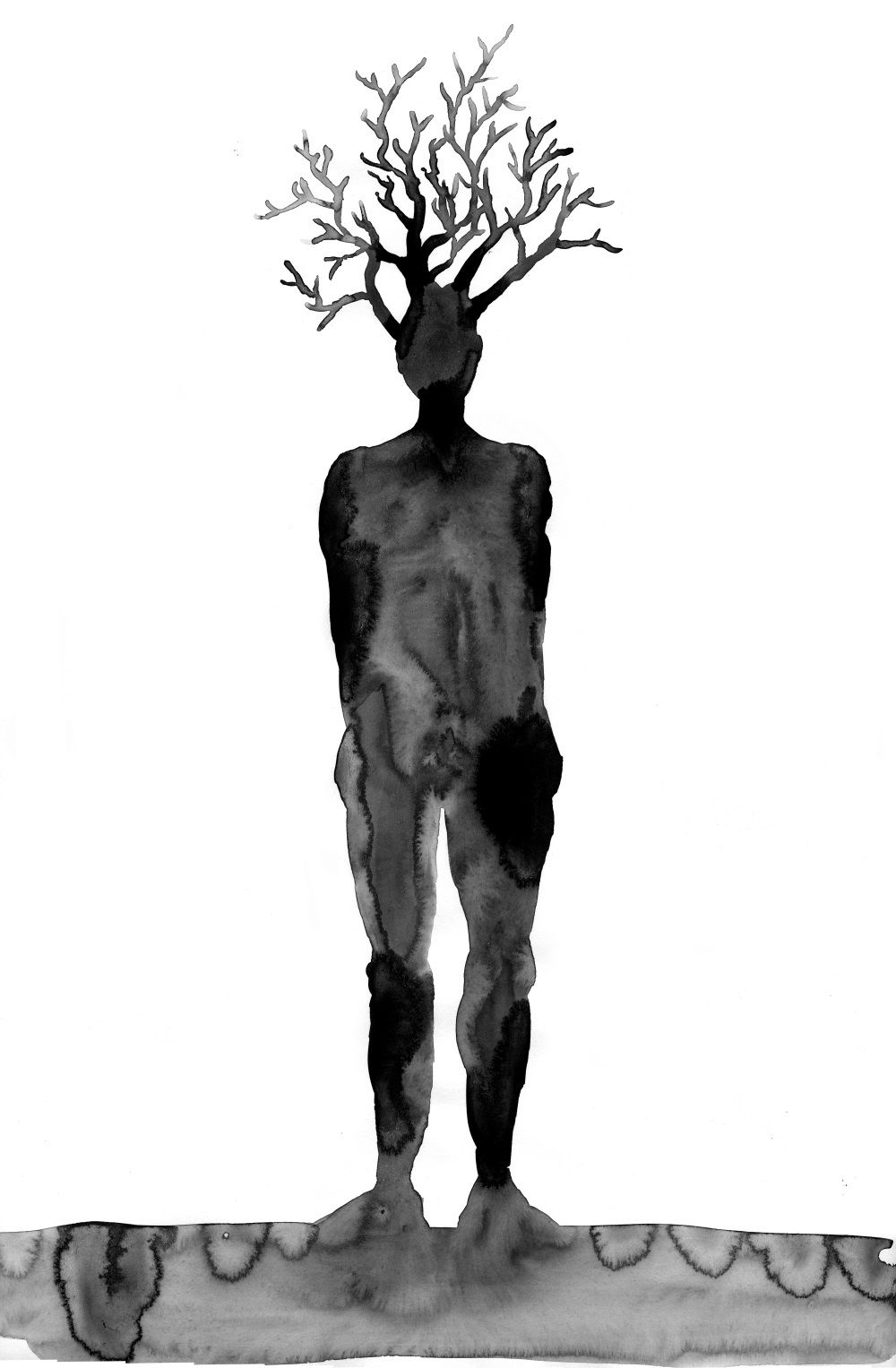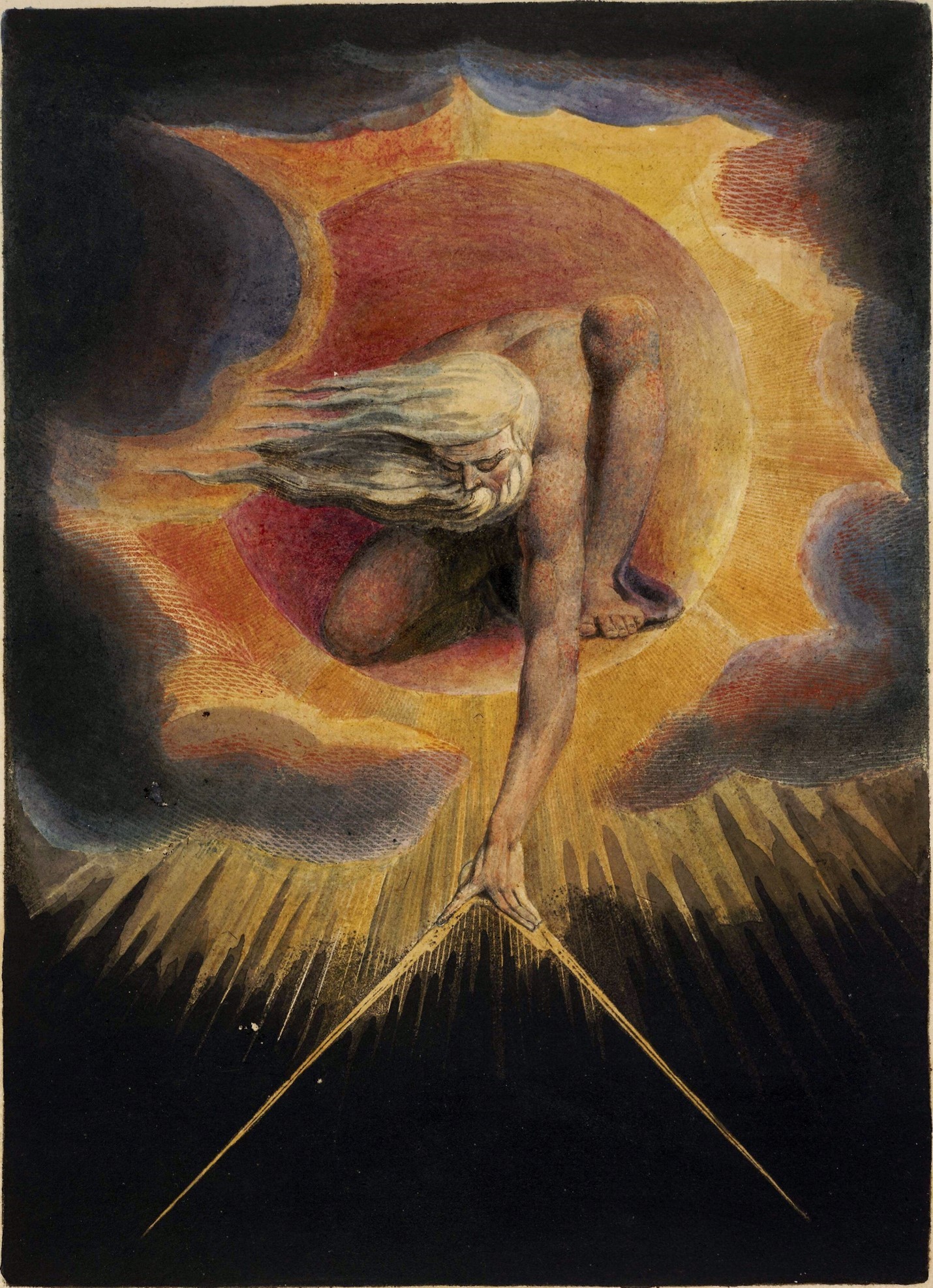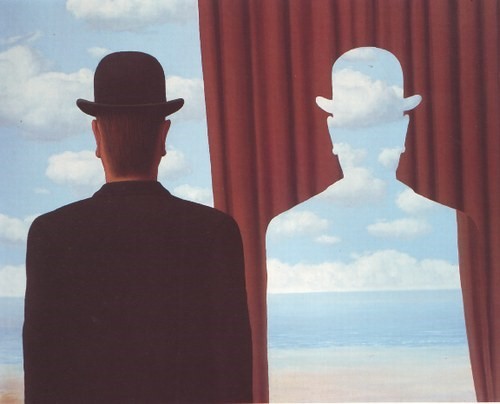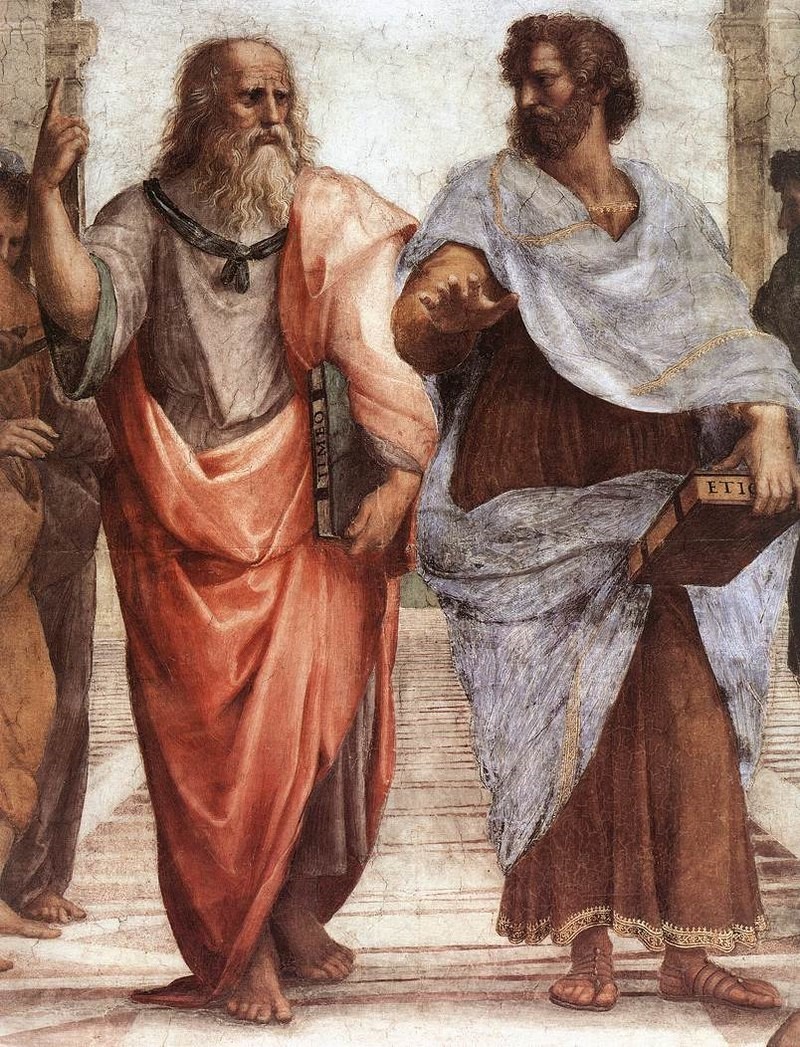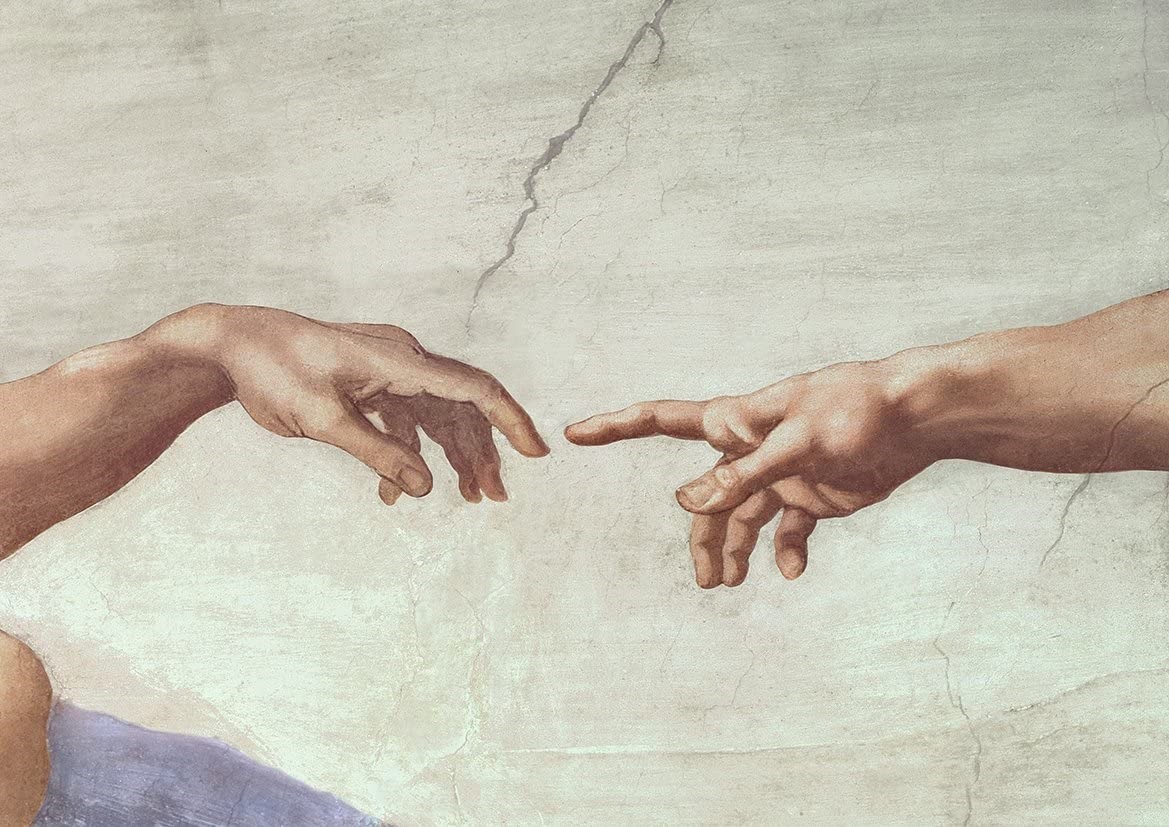Can anyone become a philosopher?
Thank you, Cez Yza, for a crucial question. The answer depends mostly on what we believe makes up a philosopher. If we follow Karl Popper, we are all already philosophers because we all hold philosophical prejudices, that is, we have views on life, the universe, and everything. Being a philosopher in this sense is neither […]
Can anyone become a philosopher? Read More
